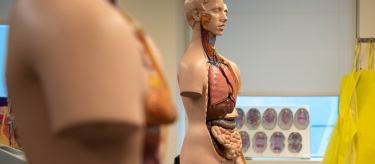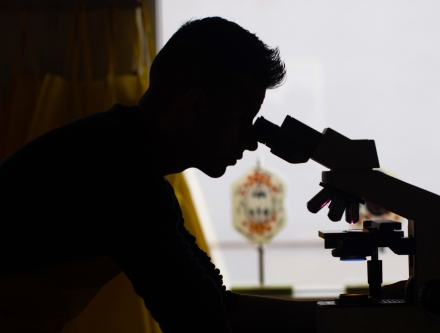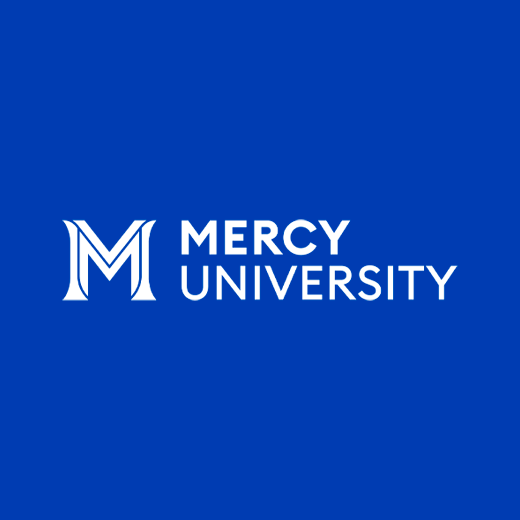
Biology: Education
- 120 Credits
- School of Health and Natural Sciences
- Bronx
- Westchester

Biology Overview
The Biology B.S. provides students with a comprehensive foundation in the life sciences and is ideal for those interested in careers in biological research, health care or teaching.
The critical thinking skills, quantitative reasoning and research experiences provide the groundwork for application to graduate school in the biological sciences and postgraduate professional and graduate schools.

Career Opportunities
The Biology program prepares students for careers in the life sciences, medicine and biomedical sciences, as well as for teaching, graduate school or medical school.
This program sets students up to apply to graduate school in the biological sciences and schools of:
- Medicine
- Dentistry
- Veterinary medicine
- Physical therapy
- Occupational therapy
- Optometry
- Pharmacy
- Physician assistant
- and more
Learn about the Biology Major Tracks
Dr. Renee Haskew Layton describes the biology major tracks at Â鶹ľ«Ć·.




















